Whether they're your pooch, pups or just plainly 'the dog', we all have our own nicknames for the animals in our lives. We find humour in their character and random acts of kindness, and now even respond in a child-like manner. And in recent years, this language trend has rapidly grown into an internet phenomenon. DoggoLingo has spread online, and is now used frequently by owners themselves to refer to an action or characteristic of their beloved canine.
A meme-trending generation
The rise of internet memes has somewhat boosted the popularity of this Doggo-speak language, with social media promoting lingo terms bork, blop and blem. All of which refer to when a dog pokes a portion of his tongue out, whether the action has come from tiredness or forgetfulness. Bork is thought to derive from a miniature American Pomeranian, also known as 'Gabe The Dog', whose internet presence began after he was posted on KnowYourMeme. com, has led to meme remixes of many musical songs. Dogs are not the only animals getting in on the action, with the term blep and heck often linked with other animals, such as cats and snakes, sticking out their tongues.
Internet groups
Accounts like WeRateDogs on Twitter and dog-devoted Facebook groups have arguably popularized the language, where thousands of members can share their own personal editions of the Doggo-speak with their pooches. With over 1. 5million followers on Twitter, WeRateDogs defines the popularity of this new viral trend. The account promotes light-hearted humour, with original pup content posted daily. A second group named Dogspotting, which holds over 500, 000 members and is growing by 10, 000 a week is also key to this rise, but it has its rules. The no known Dogs and no selfies rules rule out the chance of a single user spamming the page, allowing a flood of global posts with new canines every day. The strategy of original posts, where users are banned breaking rules but can appeal to the DogSpotting People's Court for re-entry, means the page thrives on the breeding of DoggoLingo, as words and phrases can be catapulted into forefront of the language with a single post. Doggo is said to have derived from the above group, with Australians introducing the term to British followers nearly ten years ago. The language has visibly grown since its introduction to social media, leading to the DogSpotting pages attracting thousands worldwide.
The future of DoggoLingo
Doggo-speak will continue to flourish in a social media world, with the likes of WeRatedogs and DogSpotting growing in popularity daily to encourage new users to post their most dog-centric images. Their popularity in a sense acts as an escape from the circled world news that fills our social media channels, giving readers the precious minutes of satisfaction they need in their daily lives. In regards to DoggoLingo being seen in the dictionary? It could be some time as the words would need to be used in published work over a period of time, but they have a chance.

